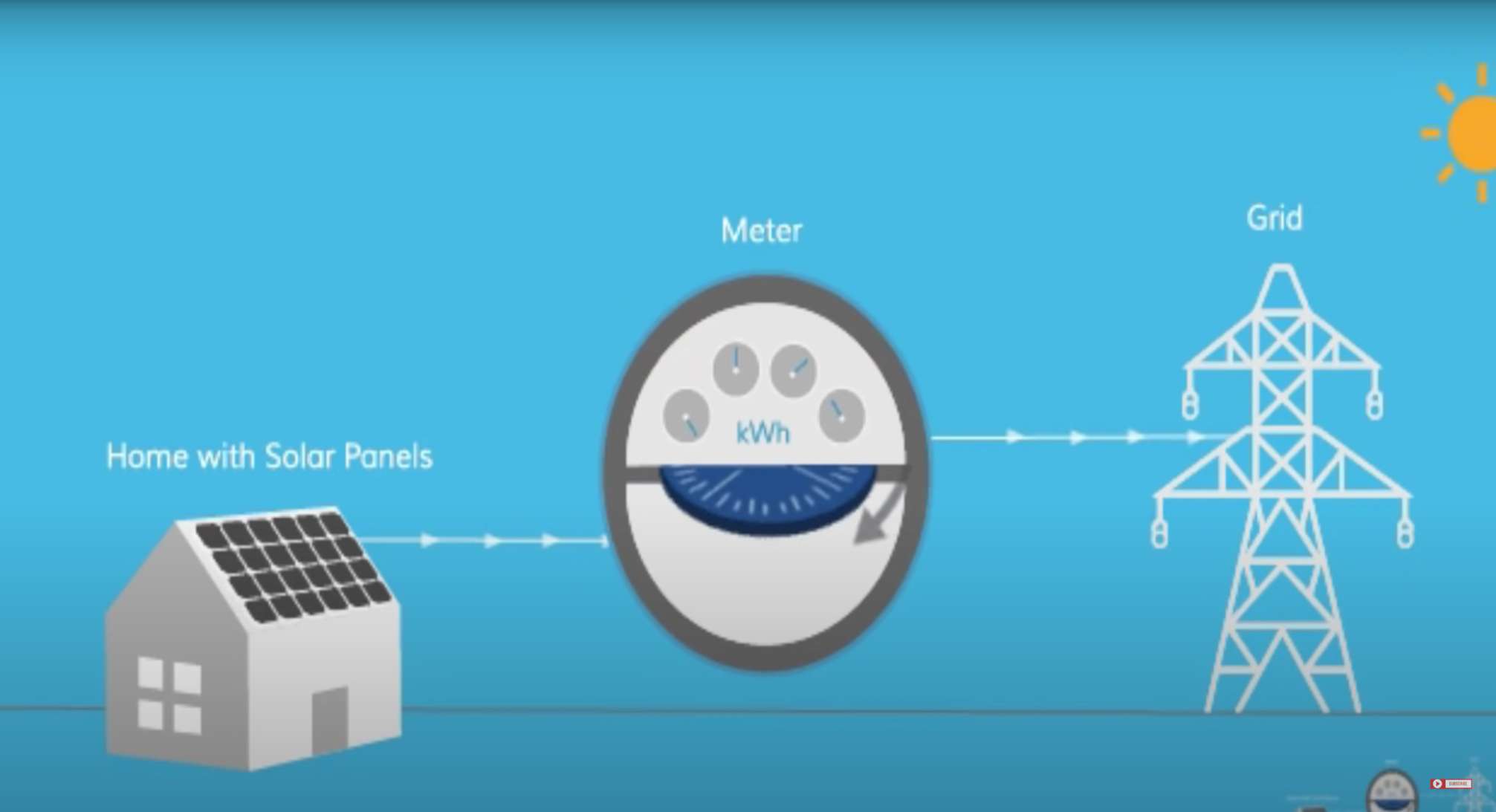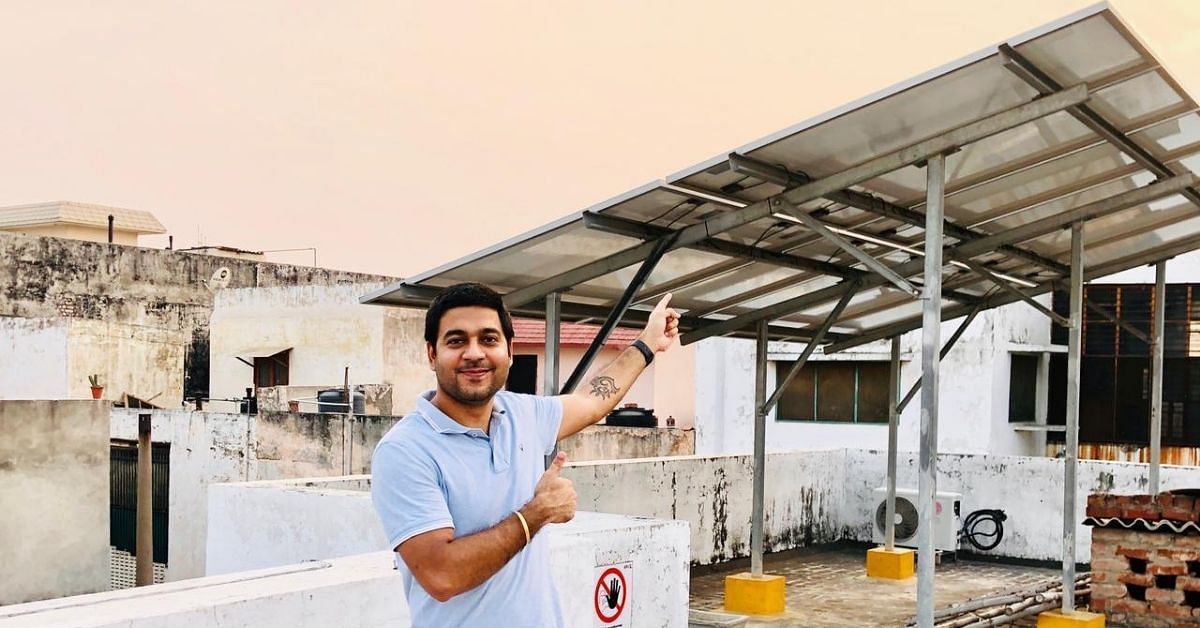Ever wondered whether you can use your solar-powered air conditioner on a rainy day?
Mayank Chaudhary, a YouTuber with a channel called Discover with Mayank, shares the answer to this question.
“Yes, you can run your solar-powered air conditioner and many other appliances and gadgets even on days when the sun plays hide and seek or it has been raining,” says Mayank.

One has to ensure that the exterior surface of the solar panels is maintained well and kept free of dust. Doing this will ensure that the generation of power remains constant and there is no dip in it.
Solar panels can use direct or indirect sunlight to generate power, though they are most effective in direct sunlight. Solar panels still work even when the light is reflected or partially blocked by clouds.
On a cloudy day, the solar panels usually generate 30 to 50 per cent of their optimum energy generation, while on a heavy rainy day the power generation is between 10 to 20 per cent of the optimum level.
Mayank says that ensuring that the solar panels in your home are connected to the grid will help one use air conditioners and other electronic gadgets even during rainy days.
Using on-grid solar systems
An on-grid or grid-tied solar system is a system that works along with the grid. This means that any excess or deficiency of power can be fed to the grid through net metering. Many residential users are opting for an on-grid solar system as they get a chance to enjoy credit for the excess power their system produces and save on their electricity bills.
Net metering is a process in which the electricity board keeps track of the energy consumed as well as generated by a solar-powered house. It allows consumers to feed surplus solar power into the state’s power grid when they don’t need it and receive a credit on their electricity bill.
Things to keep in mind to maximise solar panel usage:
· Do a shadow analysis before installation:
Before installing the solar panels, it is imperative to get a shadow analysis done. This will ensure that you get the maximum benefit of the solar panels. Stay away from installing the solar panel in a place surrounded by tall trees or buildings. Ensure that there is no direct obstruction in the solar panels’ path. Identify the place which receives the least shadow and install solar panels over there.
· Research on best solar panels before installation:
Consider installing hybrid solar panels. These are also known as all-weather solar panels, which generate electricity from both the sun and the rain. While these panels are also installed on rooftops, they capture the sunlight during the day and when the rain falls generate electricity from the force of the falling rain on its surface.
· Keep the panels clean:
Keeping the surface of the solar panels clean will help in absorbing more sunlight. As a result, the generation of electricity will also increase. Particulate matter — dust, black carbon and organic carbon from biomass burning and fossil fuel — deposited on solar panels and present in the ambient air is responsible for about 17 per cent reduction in solar power generation in India.
Source:
Do Solar Panels Work In Rain And Cloudy Weather? By Jayesh
Air pollutants on solar panels reduce power generation by 17% by R Prasad
(Edited by Yoshita Rao)
If you found our stories insightful, informative, or even just enjoyable, we invite you to consider making a voluntary payment to support the work we do at The Better India. Your contribution helps us continue producing quality content that educates, inspires, and drives positive change.
Choose one of the payment options below for your contribution-
By paying for the stories you value, you directly contribute to sustaining our efforts focused on making a difference in the world. Together, let's ensure that impactful stories continue to be told and shared, enriching lives and communities alike.
Thank you for your support. Here are some frequently asked questions you might find helpful to know why you are contributing?

